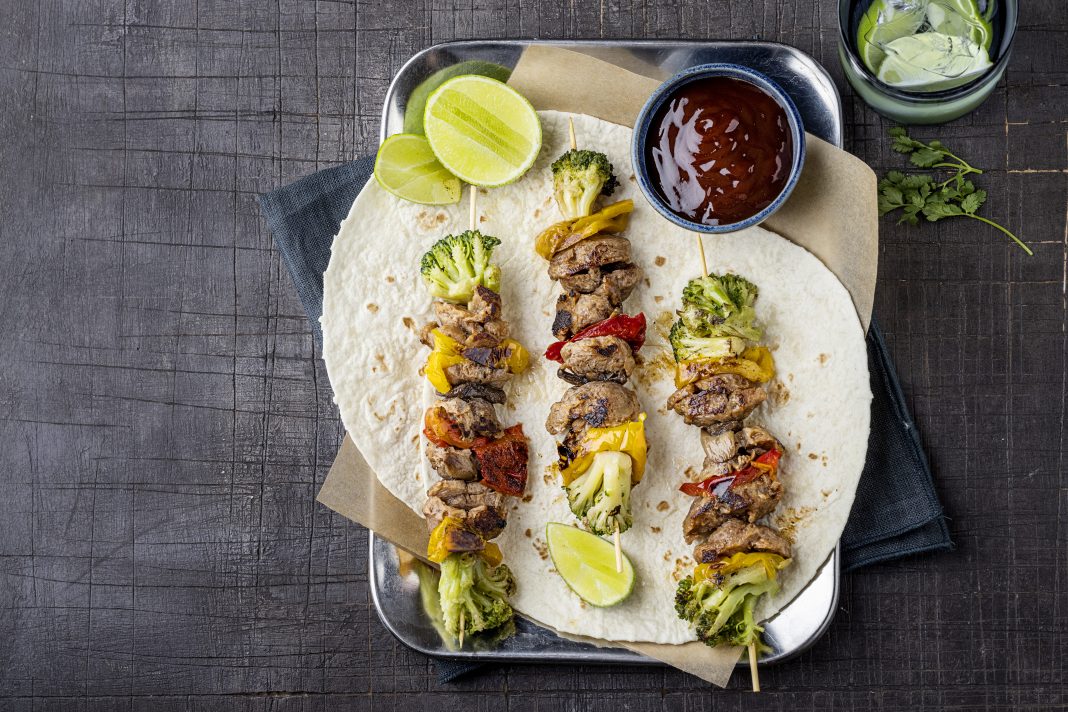IFF has embarked on a collaborative research initiative with Unilever and Wageningen University & Research (WUR) in protein-flavor interactions to address flavor challenges in plant-based meat alternatives.
Plant proteins can create beany off-notes and lingering bitterness in plant-based meat alternatives. Manufacturers often mask these unfavorable attributes through a combination of flavors, but this can result in undesirable aroma characteristics.
In response to this longstanding challenge, IFF and Unilever are spearheading a comprehensive four-year research project, working alongside scientists from WUR in the Netherlands. The project’s primary focus lies on exploring the ways flavors bind to protein molecules with the goal of recommending novel flavoring strategies that elevate the sensory experience of plant-based meat alternatives.
Drawing upon IFF’s years of extensive research in protein purification and natural food flavoring, this project targets areas within flavor compositions that hold the greatest promise for success. Using advanced analytical methods, WUR will study the protein flavor interactions. Unilever’s involvement ensures that the research remains guided by consumer preferences – cementing a consumer-centric approach throughout.
“Our mission is to understand and improve flavor quality in plant-based meat alternatives by unravelling the intricacies of protein interactions, to investigate flavor loss and elevate the overall flavor profile,” said Neil Da Costa, lead scientist, global product research, IFF. “This joint commitment aligns with our shared goal of improving consumer eating experiences and fostering positive change within the plant-based food industry.”
“Moving to a more plant-based diet is very important for our health and for the planet,” said Manfred Aben, nutrition and ice cream head of science and technology at Unilever. “Technology is a key enabler for us to create plant-based products that have the same great taste and texture as animal meat but have a lower environmental footprint.
“We always strive to improve our products and satisfy our consumers’ changing needs and preferences. This research partnership will enable us to understand and control how flavors work to create superior plant-based meat products.”
“Working together with companies helps translate the knowledge of Wageningen University & Research into practice and for companies to contribute their valuable practical experience for us to learn from,” said Hans-Gerd Janssen, part-time professor at the chair group Organic Chemistry of Wageningen University and scientist at Unilever. “Developing meat alternatives that are even tastier and healthier can drive the transition to more plant-based options.”


